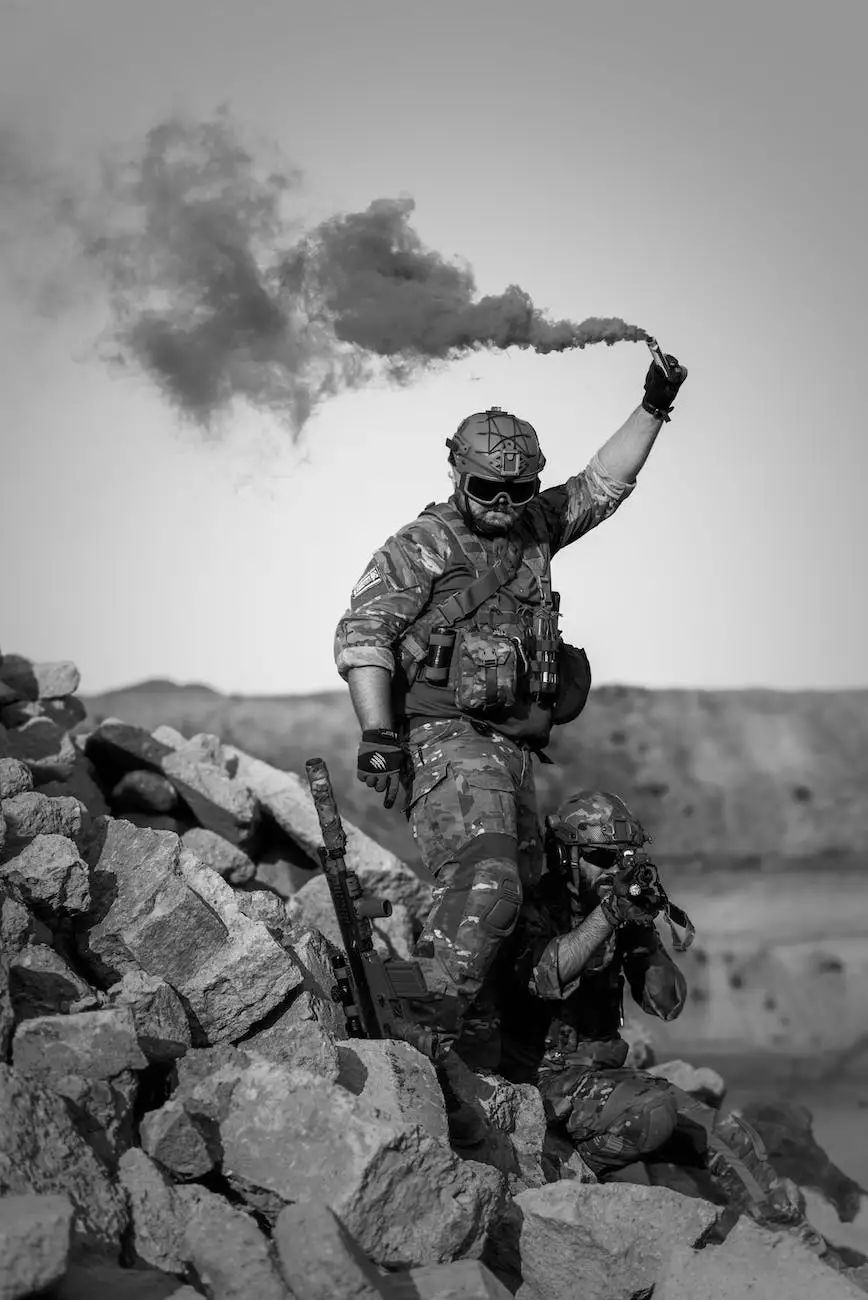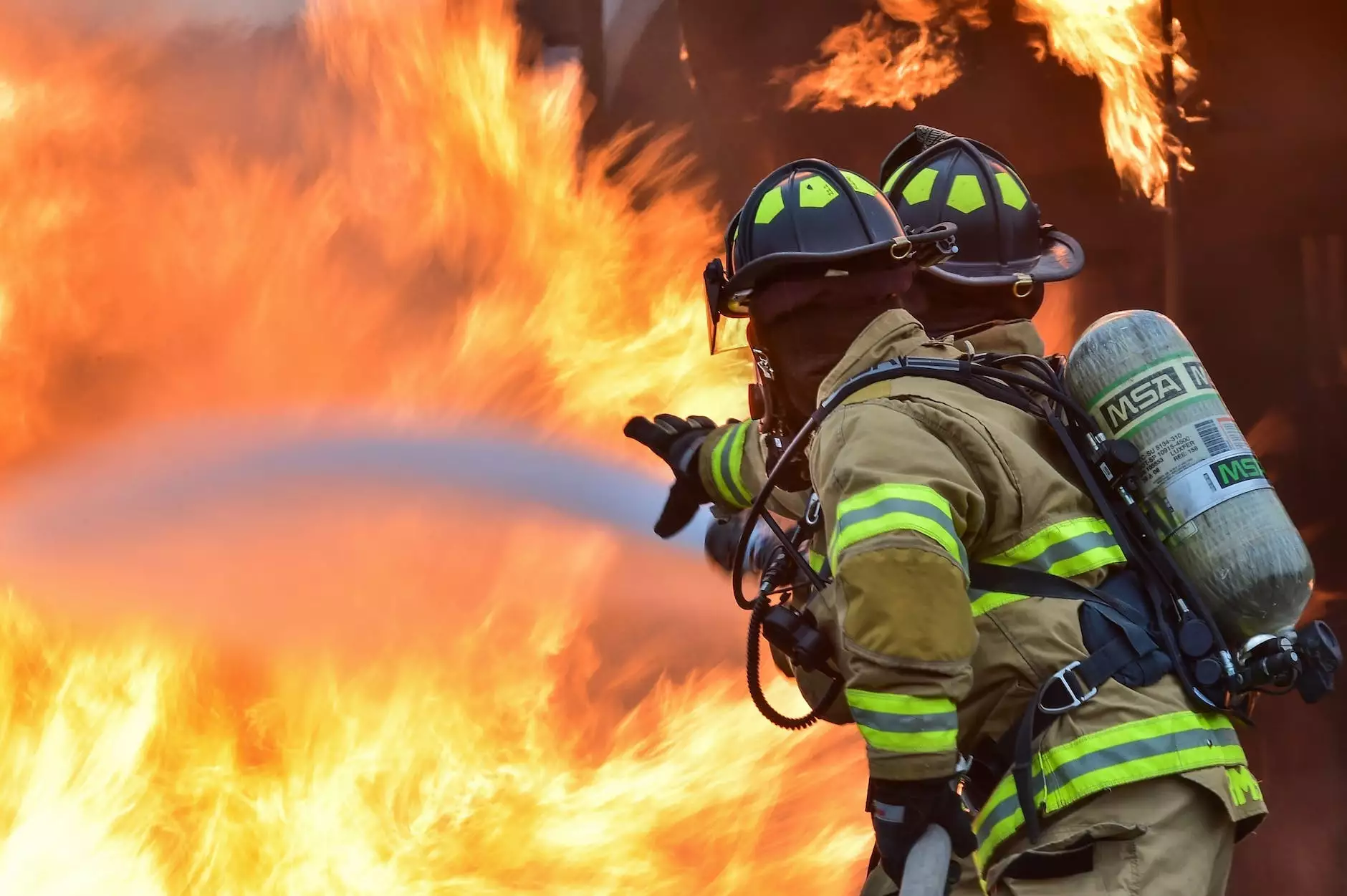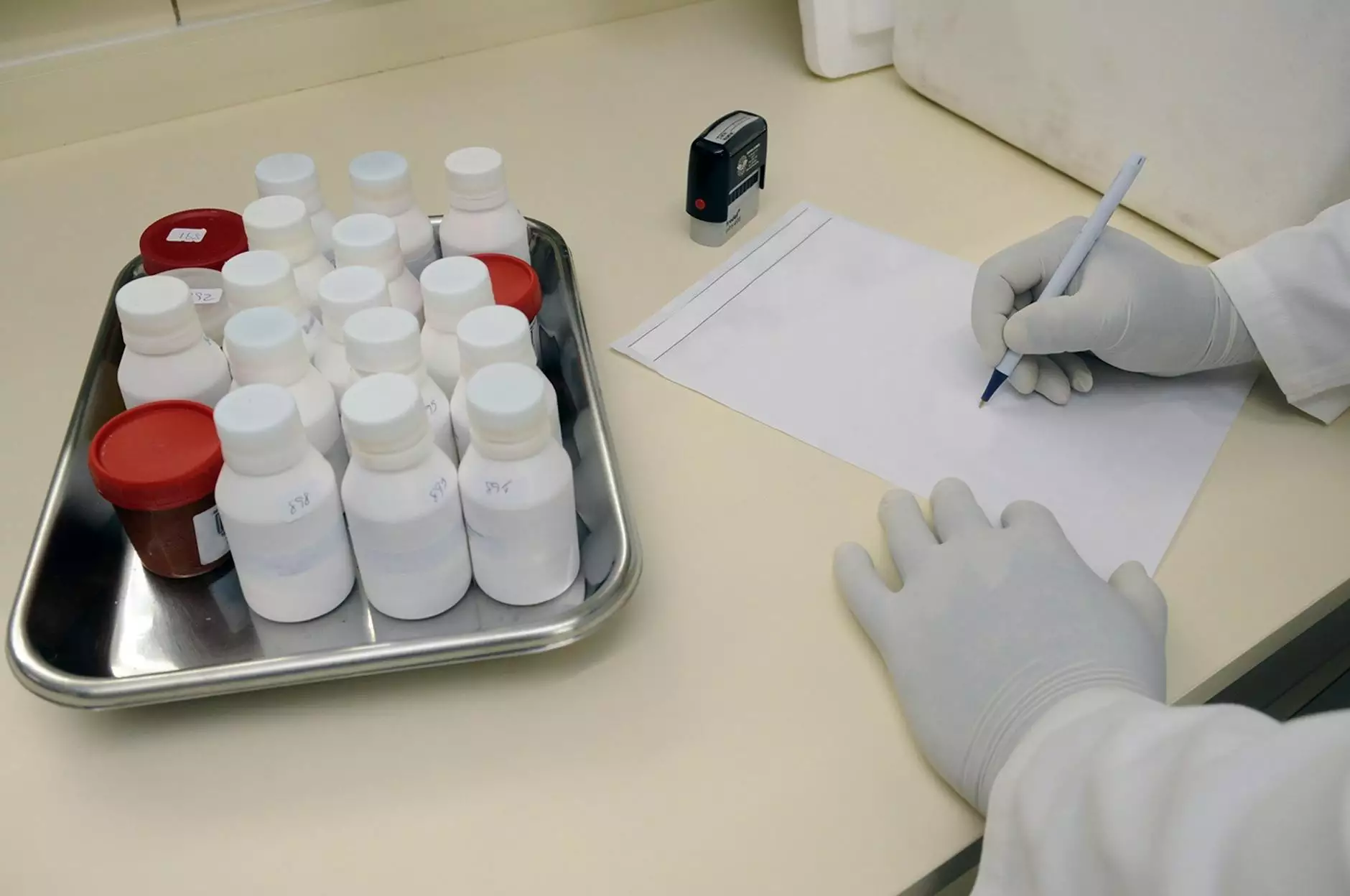What Are Boat Operators Responsible For In A Boating Accident

Introduction
Welcome to Baytowne Reporting's comprehensive guide on understanding the responsibilities of boat operators in a boating accident. Whether you are a boat operator involved in an accident or someone who has been affected by a boating incident, it is crucial to understand the legal liabilities and duties that come into play.
1. Duty of Care
Boat operators, like any other vehicle operator, owe a duty of care to their passengers, other boaters, and individuals within their vicinity. This duty requires operators to act in a manner that ensures the safety of everyone involved. They must exercise reasonable care, watch out for potential hazards, and follow all relevant boating laws and regulations.
Failure to uphold this duty of care can result in serious consequences, both legally and financially. Victims of boat accidents may suffer significant physical injuries, emotional distress, property damage, and financial losses. Boat operators can be held responsible for these damages if they fail to fulfill their duty of care.
2. Navigational Rules
When operating a boat, it is crucial for operators to abide by the navigational rules established by maritime law. These rules define the proper conduct and actions required to prevent accidents and ensure safe navigation. Some key navigational rules include:
- Right of Way: Boat operators must understand and yield right of way in various situations, such as when crossing paths, approaching intersections, overtaking, or encountering sailboats.
- Speed Limits: Operators must adhere to designated speed limits, especially in congested areas or zones with restricted visibility.
- Prohibited Areas: Boaters need to be aware of restricted areas, no-wake zones, and prohibited activities to avoid fines or endangering others.
- Use of Navigation Aids: Proper usage of navigational aids such as lights, markers, buoys, and signals is essential to navigate safely and prevent accidents.
By following these navigational rules, boat operators help ensure the safety of themselves and others on the water.
3. Sobriety and Substance Abuse
Operating a boat under the influence of alcohol or drugs is not only illegal but extremely dangerous. Boat operators have a responsibility to operate their vessels while sober and free from substance abuse. Impaired judgment, reduced reaction time, and compromised decision-making abilities increase the risk of accidents, which can have severe consequences.
Law enforcement agencies actively patrol waterways to prevent and apprehend operators who are operating under the influence. Being convicted of boating under the influence (BUI) can result in significant penalties, including fines, license suspension, and even imprisonment. Boat operators must prioritize the safety of themselves and their passengers by remaining sober while operating their vessels.
4. Maintenance and Safety Equipment
Boat operators are responsible for maintaining their vessels in safe, working conditions. Proper boat maintenance includes regular inspections, servicing of mechanical systems, and ensuring safety equipment is readily available and up to date. Safety equipment, such as life jackets, fire extinguishers, distress signals, and navigation lights, must be present and functioning properly at all times.
Failure to maintain a boat or neglecting to have the necessary safety equipment on board can result in accidents and injuries. In the event of an accident, operators may face liability for accidents caused by faulty equipment or their failure to provide life-saving devices.
5. Emergency Preparedness
Boating accidents can happen unexpectedly, and operators must be prepared to respond swiftly and appropriately. They should possess a basic understanding of first aid, know how to navigate and communicate distress signals, and have a plan for emergency situations.
Additionally, operators must be aware of weather conditions and take necessary precautions to avoid operating in unsafe conditions. Keeping track of weather forecasts, avoiding storms, and being mindful of changing water conditions can help prevent accidents and protect everyone on board.
Conclusion
Understanding the responsibilities of boat operators in a boating accident is crucial for both operators and individuals affected by these incidents. By upholding their duty of care, following navigational rules, avoiding substance abuse, maintaining safety equipment, and being prepared for emergencies, boat operators can significantly reduce the risk of accidents and the resulting legal liabilities and financial consequences.
Baytowne Reporting is here to provide comprehensive information and support relating to boating accidents and legal matters. If you need assistance or have further questions, please feel free to reach out to our experienced team. Stay informed, stay safe, and enjoy the waters responsibly!










